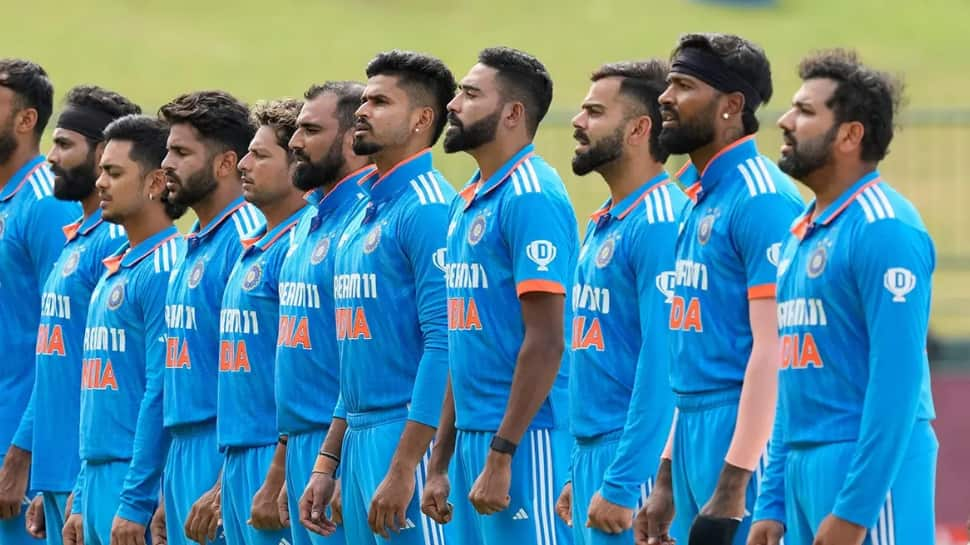With India set to face Pakistan in the Asia Cup on September 14 in Dubai, the Board of Control for Cricket in India (BCCI) has responded to criticism surrounding the fixture. The backlash comes in the wake of the terror attack in Pahalgam, Jammu and Kashmir, on April 22, where 26 tourists lost their lives in an assault carried out by Pakistan-backed terrorists. Many former cricketers and fans have since voiced anger, even calling for a boycott of the match.
Government Policy Allows Multinational Participation
Addressing the issue, BCCI Secretary Devajit Saikia explained that the board is bound by the policy recently laid down by the central government. Under the revised rules, India will not play bilateral matches against Pakistan but is required to participate against them in multinational tournaments such as the Asia Cup, ICC events, or other global competitions.
“So far as multinational events are concerned, the government has not imposed any restrictions,” Saikia told. “In tournaments like the Asia Cup or ICC World Cups, India has to play all scheduled matches, even if they involve countries not on friendly terms with us.”
Risk of Sanctions if India Withdraws
Saikia further warned of the consequences if India were to boycott such fixtures. Refusing to play against Pakistan in multinational events could invite sanctions from international sporting bodies, which would harm India’s participation across sports. He gave the example of athletics, noting that if star javelin thrower Neeraj Chopra refused to compete in an international event because a Pakistani athlete was present, both he and the Athletics Federation of India could face penalties.
BCCI Aligns with Central Government
The BCCI, Saikia stressed, will strictly follow the government’s policy. “The policy is designed carefully, keeping in mind cricket and other sports too. We are fully aligned with it,” he said. In conclusion, Saikia reiterated that while India will not play Pakistan in bilateral series, the team will continue to face them in global and continental tournaments, ensuring the nation avoids sanctions and its athletes are not denied opportunities on the world stage.

